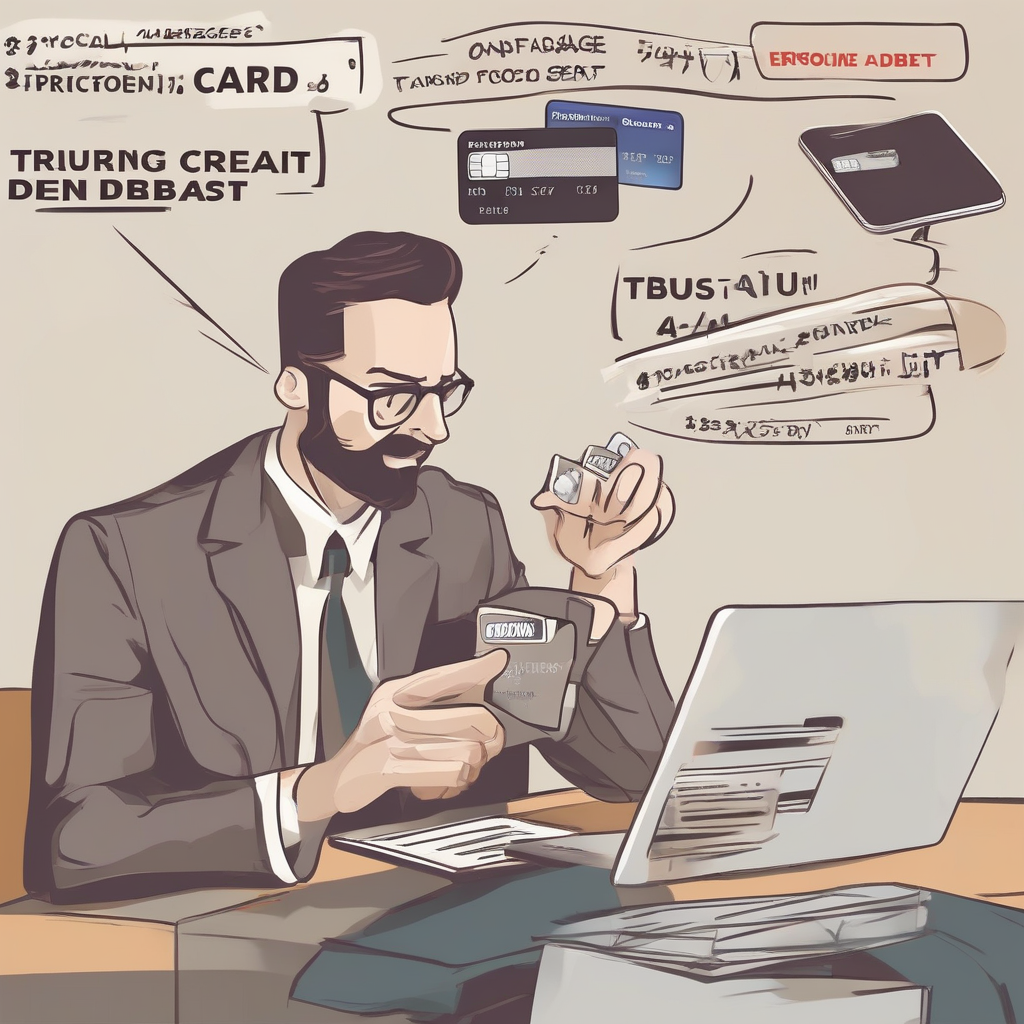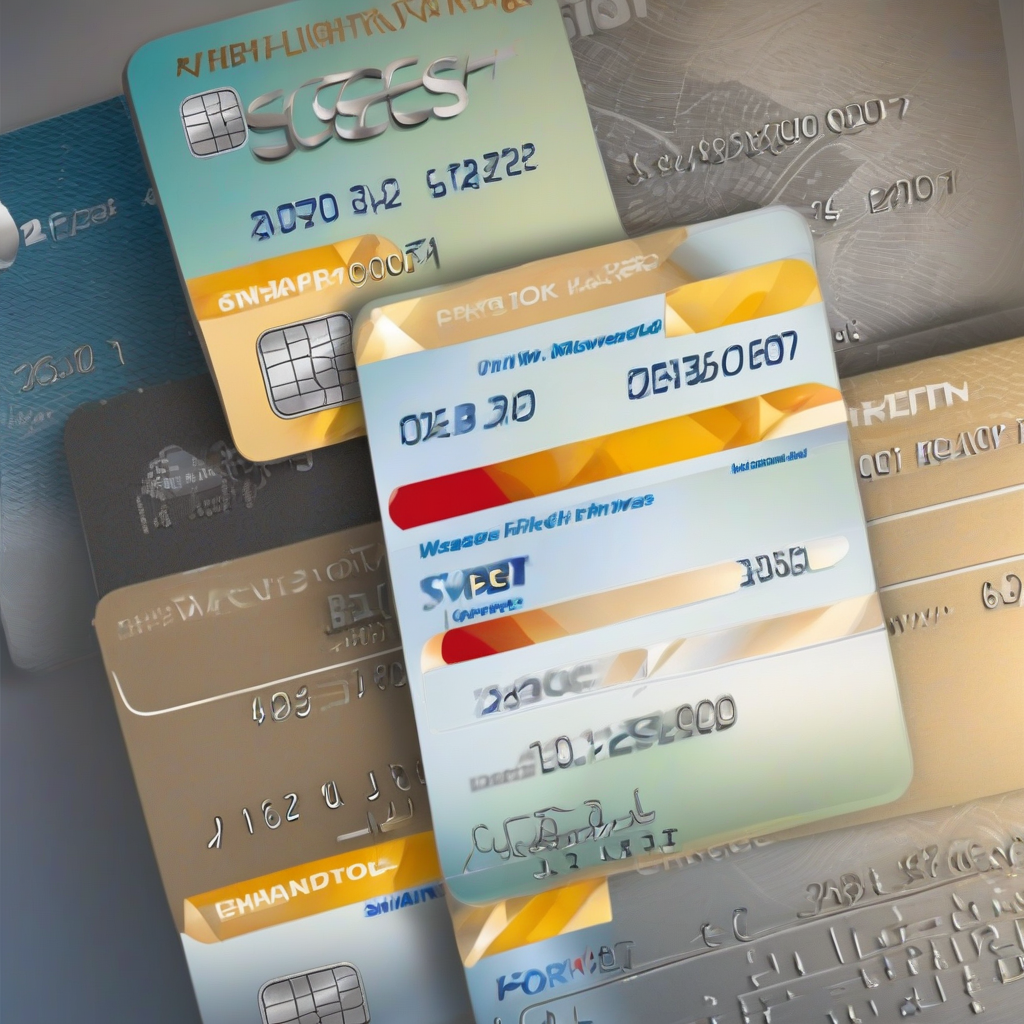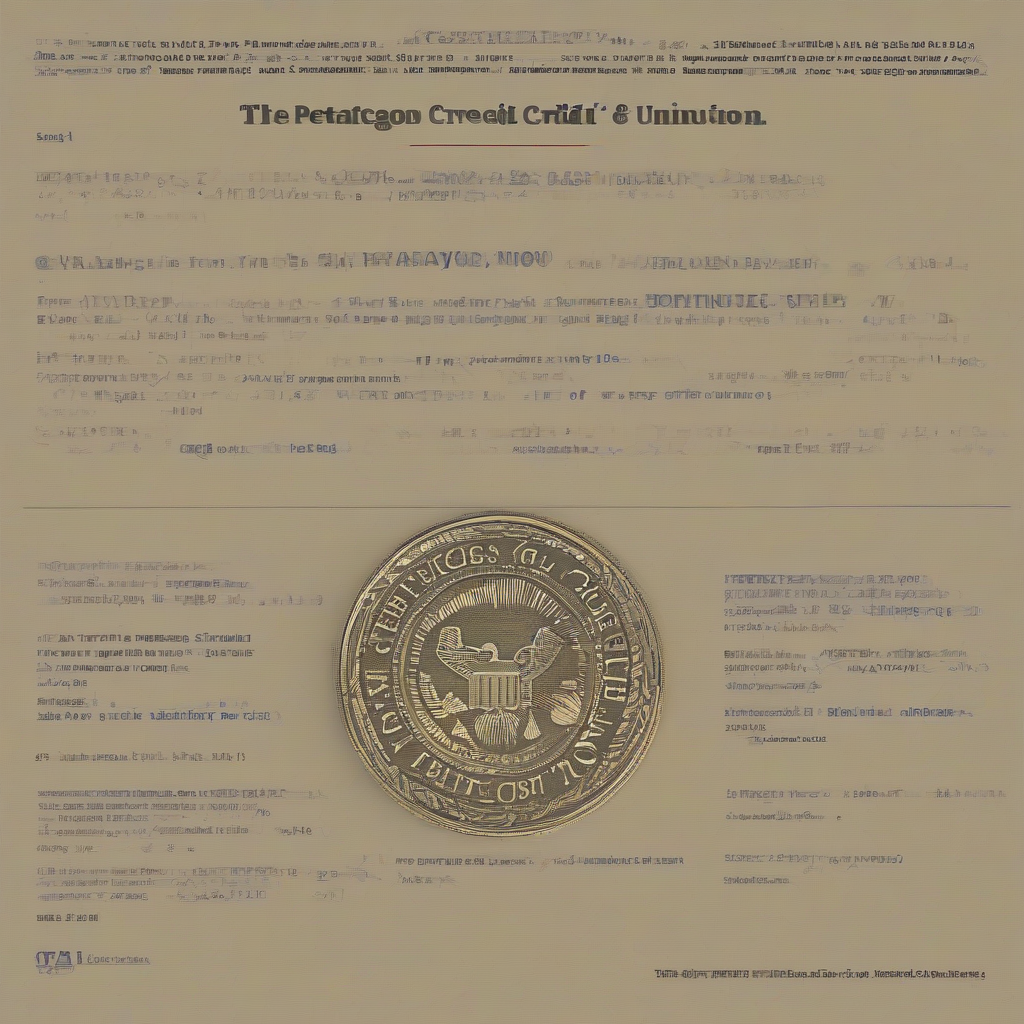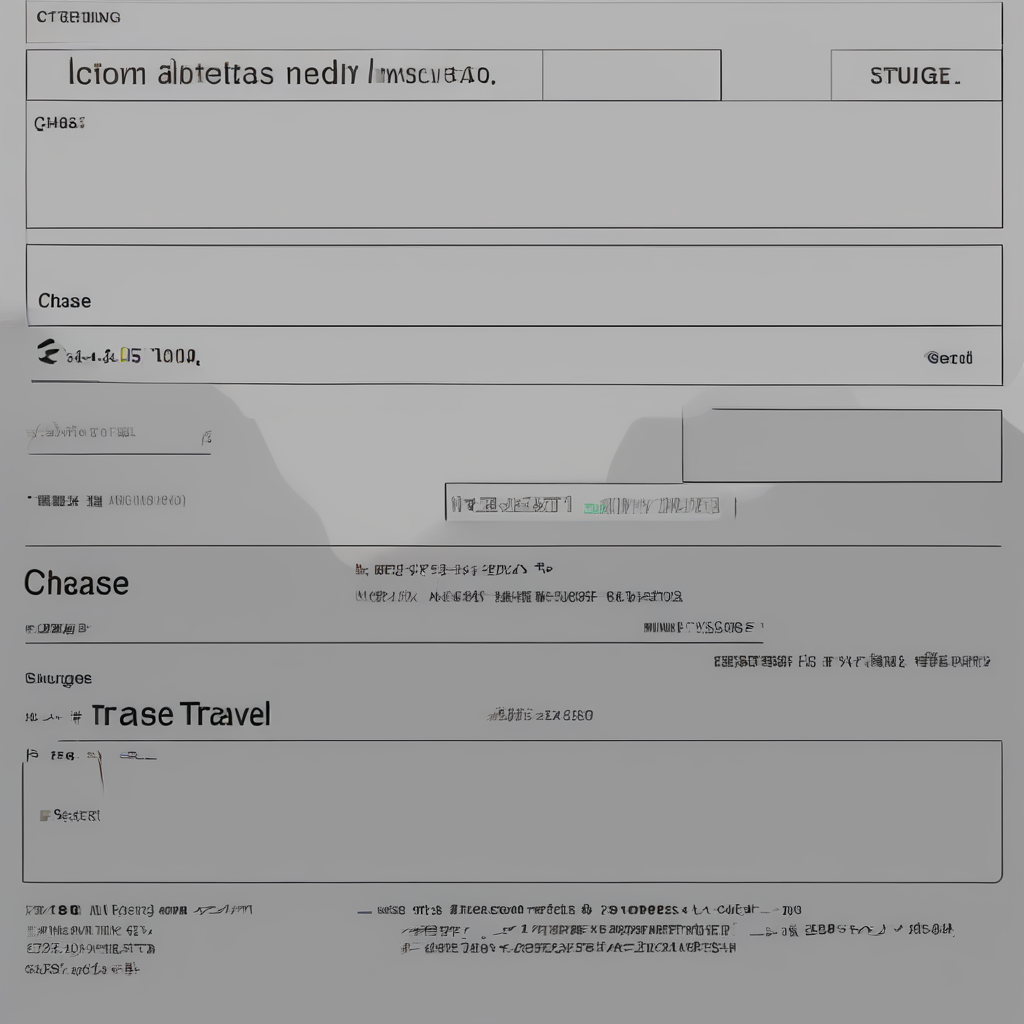Conquer Your Credit Card Debt: A Comprehensive Guide to Financial Freedom

Conquer Your Credit Card Debt: A Comprehensive Guide to Financial Freedom
Credit card debt can feel like an overwhelming weight, holding you back from achieving your financial goals. But don't despair! This guide will equip you with practical strategies and actionable steps to reduce your debt and reclaim control of your finances.
1. Understand Your Debt
- Track your spending: Keep a detailed record of all your credit card expenses. This will help you identify spending patterns and areas where you can cut back.
- Review your statements: Scrutinize your monthly statements for any unauthorized charges, hidden fees, or errors. Dispute any incorrect charges promptly.
- Calculate your total debt: Determine the combined balance of all your credit cards, including interest rates and minimum payments. Knowing the full extent of your debt will help you formulate an effective repayment plan.
2. Create a Budget
- Track your income and expenses: Use a budgeting app, spreadsheet, or notebook to meticulously record all your income sources and expenses.
- Identify areas for savings: Analyze your spending habits and identify areas where you can reduce unnecessary expenses. This may involve cutting back on subscriptions, dining out, or entertainment.
- Prioritize essential expenses: Allocate your income to cover essential expenses like rent, utilities, and groceries before allocating any remaining funds towards debt repayment.
3. Develop a Debt Reduction Strategy
- Snowball Method: Start by paying off the credit card with the smallest balance first, even if it has the highest interest rate. The satisfaction of eliminating one debt can provide motivation to continue the process.
- Avalanche Method: Prioritize paying off the credit card with the highest interest rate first, as this will save you the most money in the long run. This method focuses on minimizing interest charges.
- Debt Consolidation: Transfer all your credit card balances to a single, lower-interest rate loan. This can simplify your payments and save on interest, but be cautious of potential fees and terms.
4. Increase Your Income
- Find a side hustle: Explore freelance opportunities, online gigs, or part-time jobs to boost your income. This additional cash flow can be directly applied towards your debt.
- Negotiate a raise: If you're performing well in your current role, consider asking for a salary increase. This can provide more financial flexibility for debt repayment.
- Sell unused items: Declutter your home and sell unwanted items through online marketplaces, consignment shops, or garage sales. This can generate a significant sum of money for debt reduction.
5. Avoid Further Debt
- Stop using credit cards: Until your debt is fully paid off, refrain from using credit cards for any non-essential purchases. Focus on using cash or debit cards instead.
- Resist temptation: Be mindful of impulsive buying and avoid using credit cards for impulse purchases. Stick to your budget and only buy what you can afford.
- Cut up credit cards: If you struggle with overspending, physically cutting up your credit cards can be a powerful deterrent.
6. Seek Professional Help
- Credit counseling: A credit counselor can help you develop a personalized debt management plan and negotiate with creditors for lower interest rates or payment plans.
- Debt consolidation companies: Some companies specialize in consolidating debt into a single loan, potentially lowering your interest rate. However, exercise caution and research thoroughly before engaging with such companies.
- Financial advisor: A financial advisor can offer personalized advice and guidance on managing your finances, including debt reduction strategies.
7. Stay Motivated
- Celebrate milestones: Reward yourself for achieving significant milestones in your debt repayment journey. This can provide motivation to stay on track.
- Visualize your goals: Imagine the freedom and financial security you will experience once your debt is paid off. This can fuel your determination to achieve your goals.
- Stay focused: Focus on the benefits of debt reduction, such as improved credit score, reduced stress, and increased financial flexibility. This can help you stay motivated during challenging times.
Conclusion
Reducing credit card debt requires discipline, commitment, and a strategic approach. By following these practical strategies and actionable steps, you can effectively manage your debt, achieve financial freedom, and create a brighter financial future.
What's Your Reaction?















